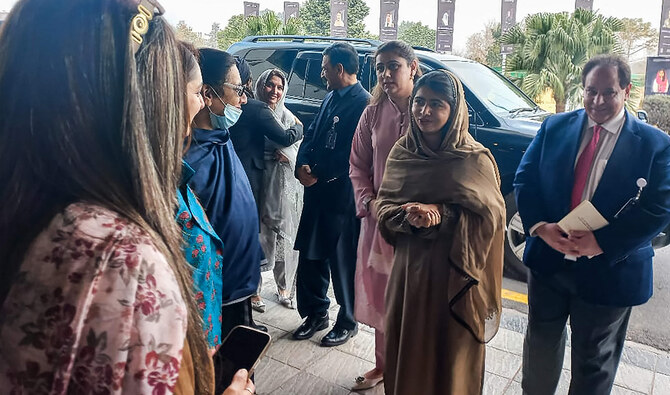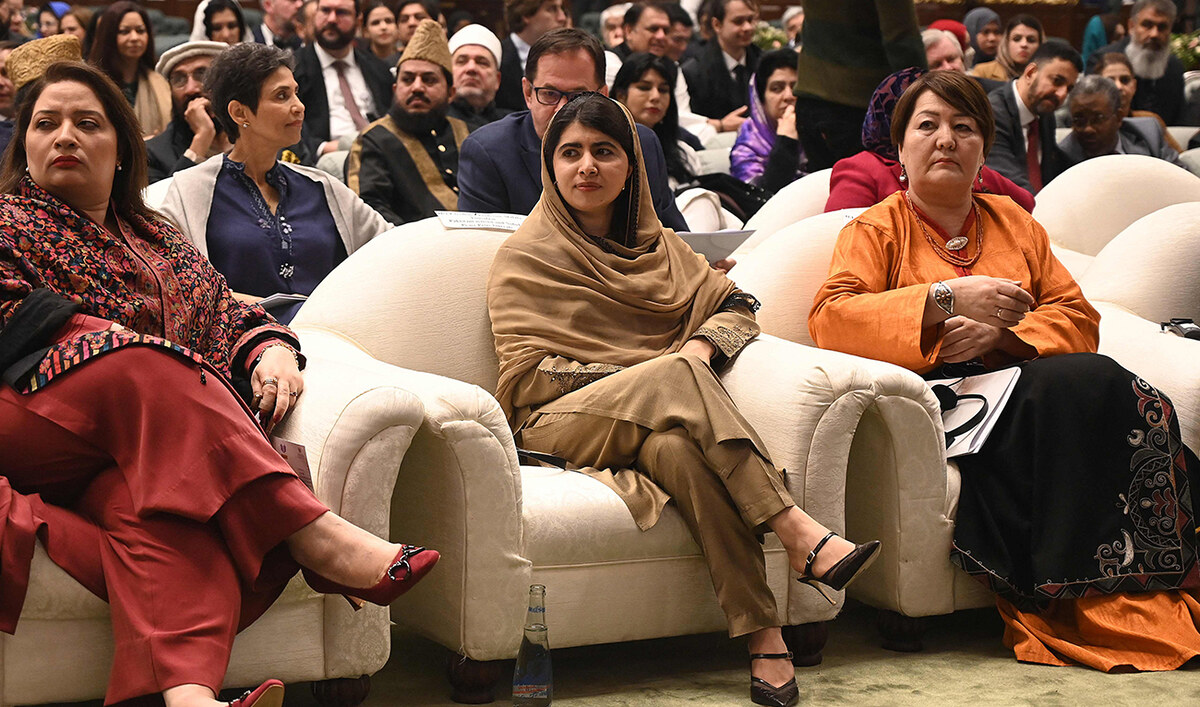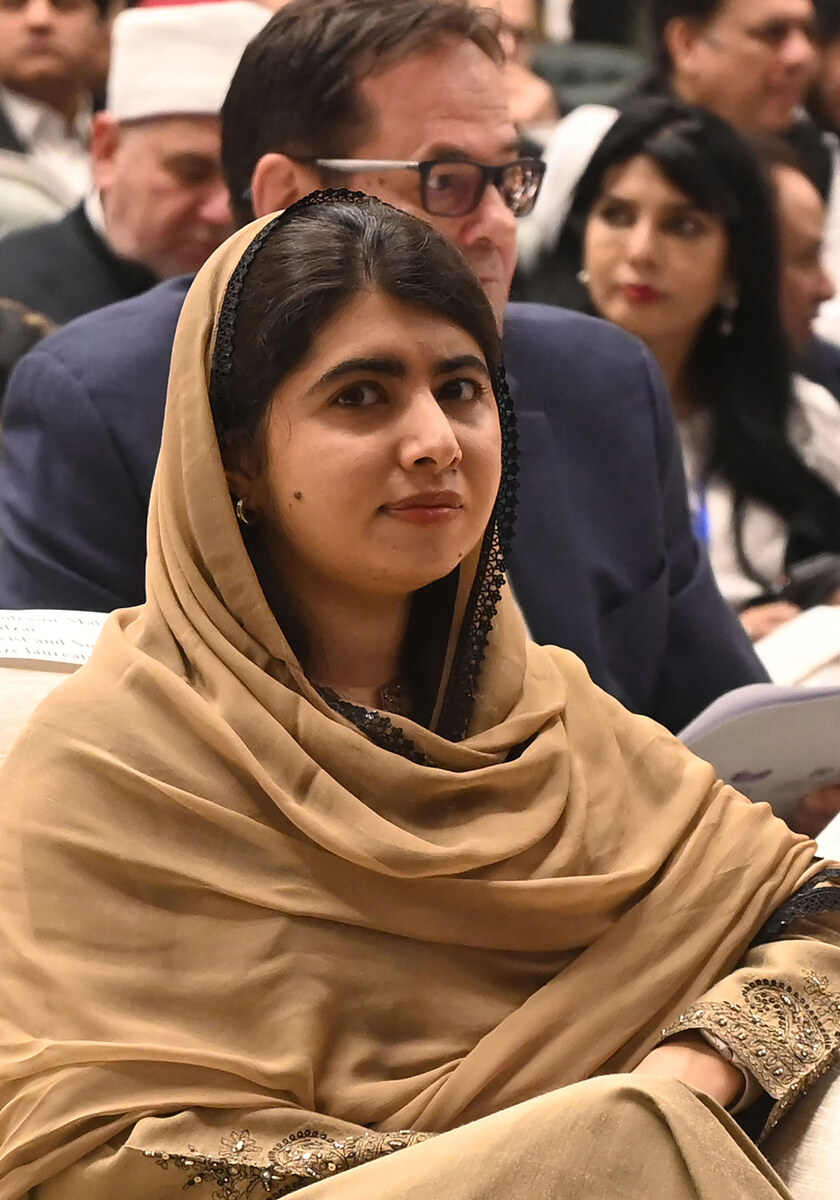ISLAMABAD: Officials at the National Institute of Health said on Friday the risk of a sixth COVID-19 wave prevailed in Pakistan due to a ‘slight increase’ in new infections in recent weeks, but the government was taking necessary steps to keep the situation “under control.”
The country recorded a daily positivity ratio of 3.28 percent in the last 24 hours with 693 positive cases and zero deaths while nine people had succumbed to the disease on Wednesday. The daily positivity rate registered a sharp decline from the peak 13 percent on January 22 to 0.37 percent on April 12, according to official data, but started rising again in June.
Officials blame the rise in the positivity ratio on a low number of daily tests being conducted and are advising the public to follow health guidelines and get vaccinated.
“The risk of sixth COVID-19 wave prevails in Pakistan, but we are not there yet,” Muazzam Abbas Ranjha, a biostatistician at the National Institute of Health, told Arab News on Friday. “The strains of the omicron variant keep changing, it is comparatively more transmissible but the situation is still under control in Pakistan.”
“We have witnessed a slight increase in the positivity in recent weeks, but the same is the case the world over,” he said, adding that the whole world had lifted COVID-19 restrictions in March and opened up international travel, which led to a small increase in new cases.
Ranjha said the government was monitoring the situation closely and would issue new guidelines for the public if infection rates touched a critical level in coming weeks.
“As per our disease management policy, we will issue a high alert for the public only if the daily positivity reaches ten percent,” he said, urging the public to get booster vaccine shots.
Referring to official data, Ranjha said 86 percent of the eligible population in Pakistan over 12 years of age was fully vaccinated while 93 percent had got at least one dose so far.
Ranjha said the government was in the process of vaccine procurement for children aged five to eleven years.
“We have sent a request to GAVI for the vaccine, and hopefully we’ll be getting it in August,” he said, adding that the available vaccines could not be administered to children as their immunity level was different. GAVI is a global vaccine alliance.
Public health experts and scientific research officers said the world was losing interest in the coronavirus with the passage of time as little new epidemiology and scientific data was available now globally.
“Basic research on vaccine and the disease is available now globally, but the kind of emergency and panic is no more visible in the international community,” Professor Dr. Amir Ali Abbasi, chairperson of the National Center for Bioinformatics at the Quaid-i-Azam University in Islamabad, told Arab News.
He said the new waves and different variants would keep hitting the world but the intensity of the disease had dropped with the passage of time.
“People and the governments are getting used to the COVID-19 disease like other diseases,” he added, “and have cut funds for scientific research and vaccines.”























